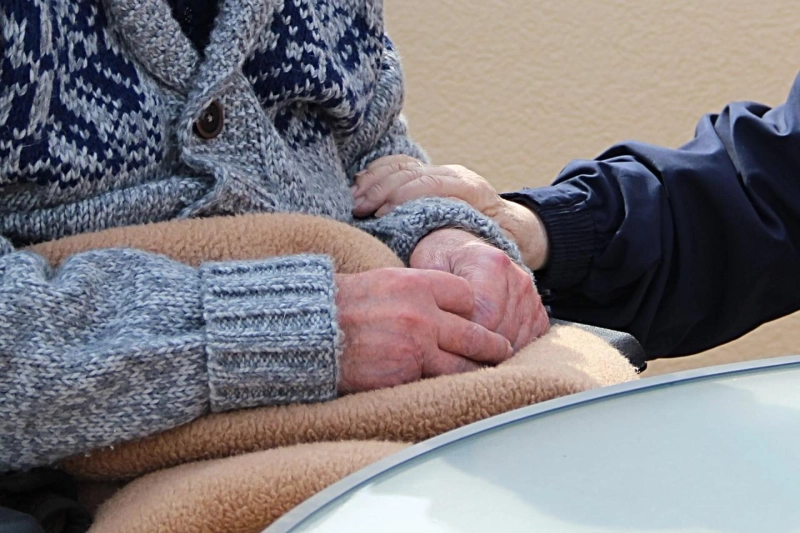Adjusting to life with dementia can be scary and stressful, for both loved ones with memory loss and their support network. However, innovations in technology can help make life easier by reducing anxiety, making routines easier to follow, and enriching the lives of all involved. If you want to know how technology can better your loved one’s life, continue reading below.
Home Care Robots
Technology has moved on to the point where home care robots can support caregivers by carrying out simple household tasks, setting reminders, and offering a “virtual friend”. One of the most familiar examples comes in the shape of robot vacuum cleaners, which are flooding commercial shelves. These smart devices track the layout of a home and make their way around cleaning as they go - some of them are even capable of emptying their dust.
GPS and Location Tracking
Unfortunately, dementia sufferers tend to wander off and get lost. Therefore, many memory care facilities, like Parc Provence, use tracking devices to keep tabs on their patients. Providing 24 hours of quality care is a complicated process, and wearable tech allows caregivers to spend more time on important treatments.
In-Home Cameras
Depending on how advanced a person’s dementia is, they may have a semi-independent lifestyle, which means you can’t smother them. Fortunately, in-home cameras are a great way to keep an eye on your loved ones from a distance. Managed from a mobile app, you can set up alerts to tell you when someone enters the front door, which is great for preventing those late-night adventures.
Smart Assistants
The majority of people have a smart assistant in their home, whether on their smartphone or as a dedicated device. These smart assistants can help dementia patients by keeping track of their daily routines including medication schedules. Further, they can provide a “friend” to talk to when they’re feeling isolated.
Internet of Things (IoT) Devices
IoT devices can help dementia patients take care of their daily routines, which can easily slip their minds. Devices, including light systems, can be programmed to change at particular times, which can help with keeping track of the time of day. For example, when the evening is drawing in, all the lights in the house can dim, signifying that the sun has gone down. Further, all devices can collect statistics and send them to care providers, which allows dementia patients to live independent lives for longer.
Appliance Monitoring
When memory deteriorates, it’s easy to forget things like turning off the oven or boiler, which is dangerous and will add a significant amount to energy bills. Fortunately, thanks to technology, appliance usage can be measured and controlled remotely, which means patients and families can rest easy knowing they’re safe.
Technology doesn’t make dementia any more devastating, but it does help make life more manageable for all involved. The majority of these technologies act as reminders for patients and let caregivers monitor loved ones remotely, which is an enormous benefit when it comes to supporting people with dementia.



